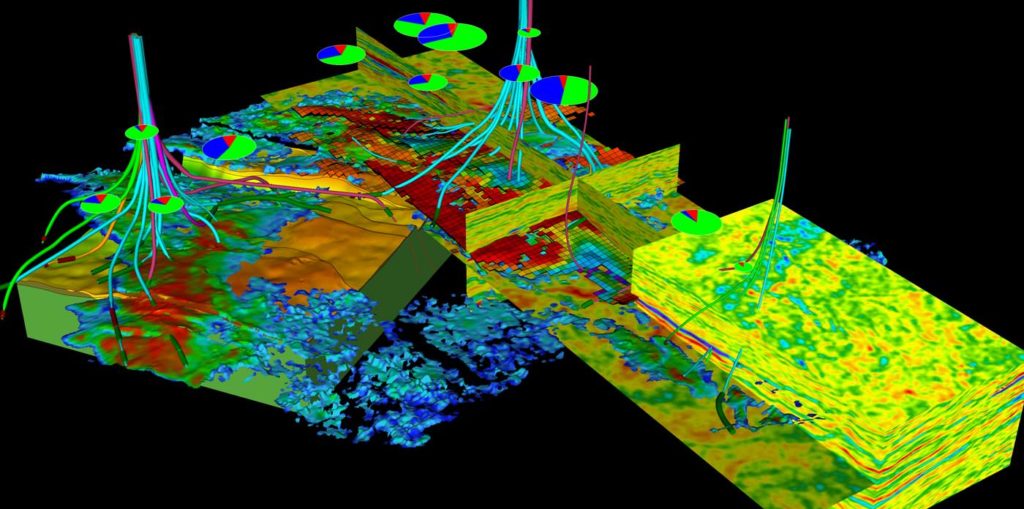Course Details
Your Growth, Our Mission

Course Description
The Training Course Will Highlight ?
The course highlights are:
-
- The essential reservoir engineering toolbox: decline curves, empirical and analytical methods, numerical simulation and when to use them
- The data necessary for various situations and how to understand them
- The type of decisions at stake in reservoir management and how to use tools for optimal decision making
- Long-term reservoir field development plans, from green field development to tertiary recovery
- Uncertainties in reservoir engineering data and decisions
Training Objective
By the end of this course, delegates will be able to:
-
- Apply the principles of sound reservoir management
- Use the interdisciplinary synergistic approach to efficient reservoir management
- Include each reservoir management component and the importance of timing and cost/benefit analysis
- Develop checks and balances
Target Audience
Geologists, Geophysicists, Reservoir Engineers, Production Engineers, Petrophysicists, Petroleum Engineers, Drilling Engineers, Field Development Engineers, Managers, Asset Managers, Oil & Gas Engineers, Reservoir Operators, Surveillance Engineers, Technicians, Engineering Trainees, Technical Managers, Technical Assistants, Technicians, Chemists, Physicists, Technical Supervisors, Service Company Personnel responsible for improving the performance of petroleum reservoirs, Geomodellers looking for insights into the entire reservoir management workflow, experienced reservoir engineers wanting to refresh on the fundamentals of a wide spectrum of reservoir development scenarios
Training Methods
This interactive Training will be highly interactive, with opportunities to advance your opinions and ideas and will include;
- Lectures
- Workshop & Work Presentation
- Case Studies and Practical Exercise
- Videos and General Discussions
Daily Agenda
Course Outline:
-
- Reservoir management basics
- Definition of reservoir management: an integrated, interdisciplinary team effort
- Goal setting, planning, implementing, monitoring, and evaluating reservoir performance
- Field development and field operating plans to optimize profitability
- What are the important decisions for a field at various levels of development (green fields, brown fields, mature fields)
- Reservoir engineering data
- What is available to us?
- How to deal with incomplete and imperfect data sets
- Efficient monitoring of reservoir performance
- Minimizing drilling of unnecessary wells
- Wellbore and surface systems
- Well testing and automated production systems
- Understanding the entire process
- Overview of geomodelling
- How geostatistics are used
- How flow simulation can be used
- How economics are incorporated
- Economic impact of operating plans
- Identifying and acquiring critical data, data acquisition, and analysis
- Maximizing economic recovery and minimizing capital investment, risk, and operating expenses
- Timing of field implementation of reservoir management plan
- Uncertainty and optimization
- What tools are available
- How to use them appropriately
- Case histories and analysis
- Importance of reservoir characterization and drilling and operating plans
- Primary recovery, pressure maintenance, and secondary and tertiary recovery
- Responsibilities for team members
Accreditation
BTS attendance certificate will be issued to all attendees completing minimum of 80% of the total course duration.
Quick Enquiry
Request Info
Related Courses
Your Growth, Our Mission

